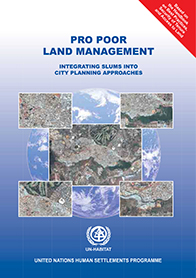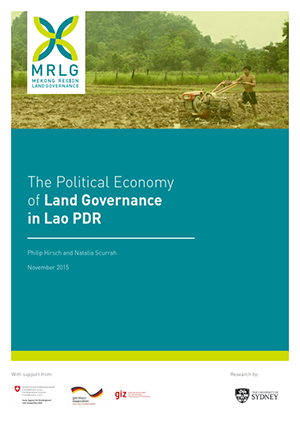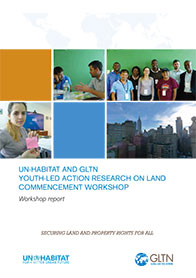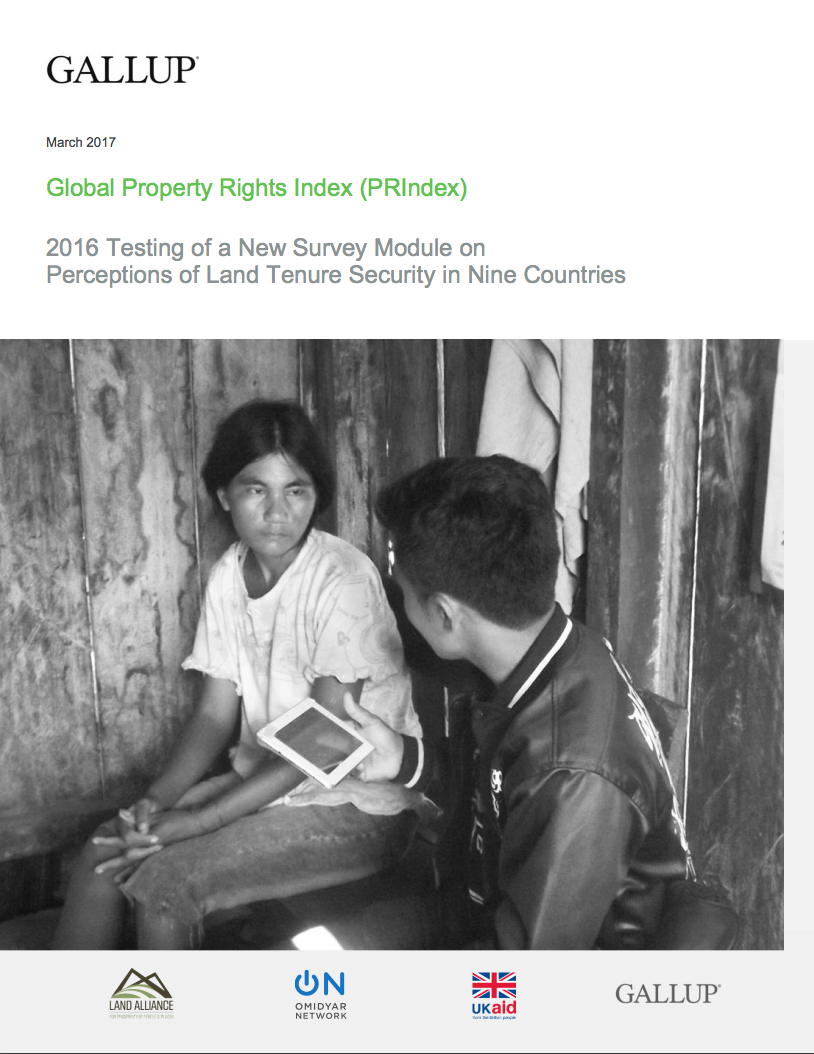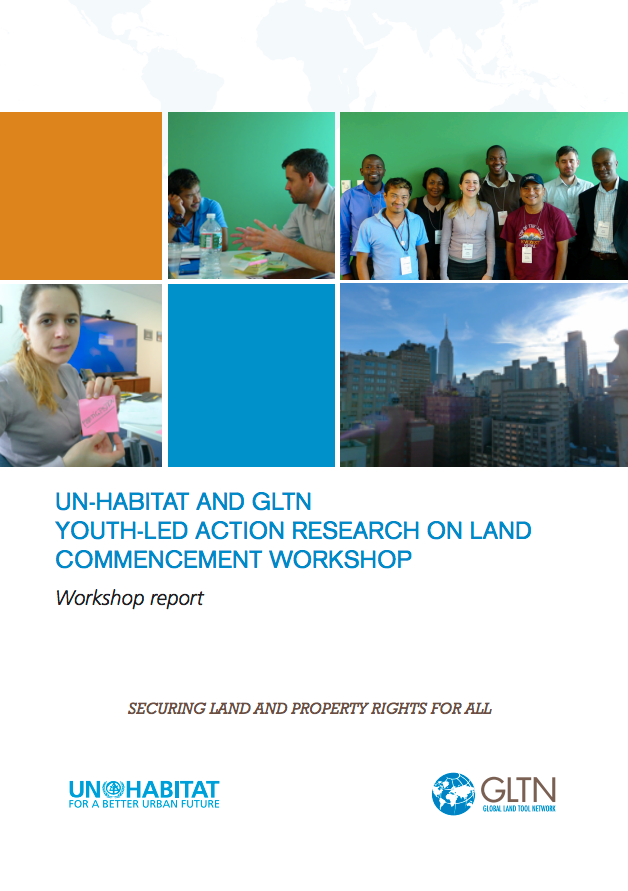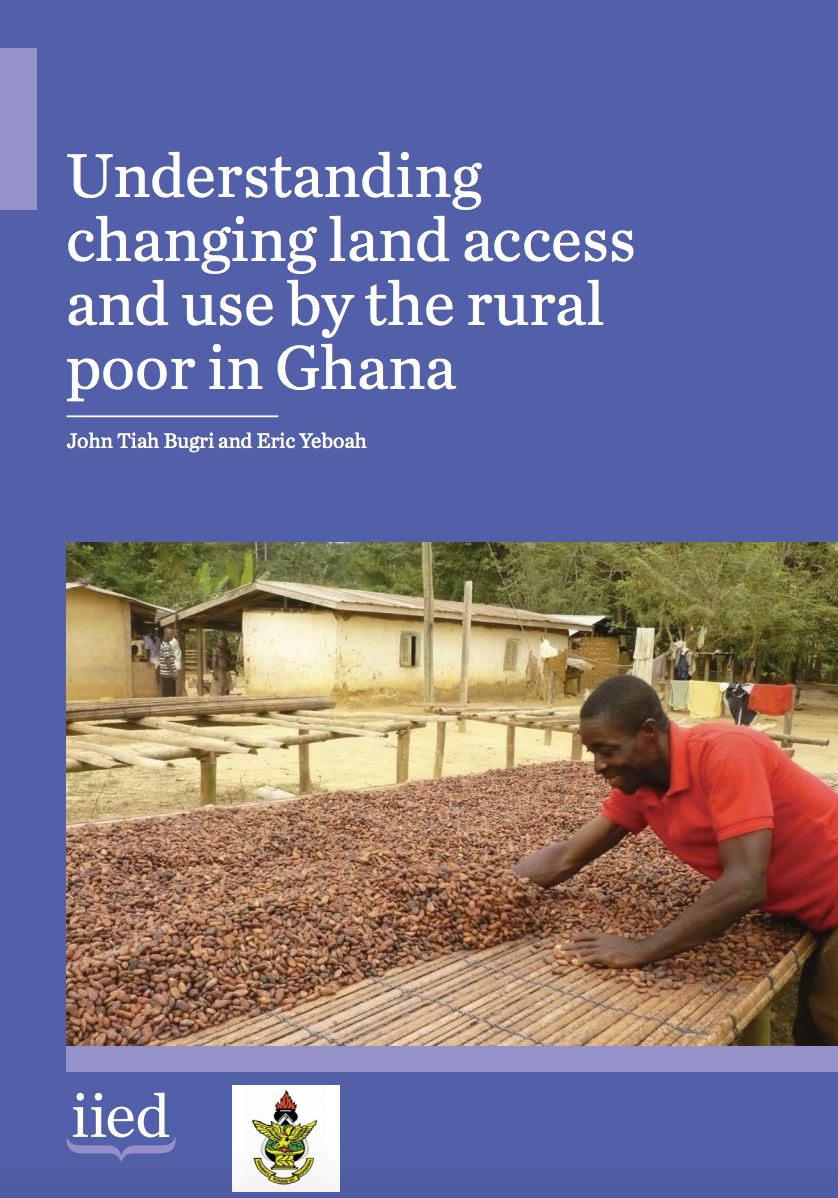Transparency Under Scrutiny: Information Disclosure by the Parliamentary Land Investigation Commission in Myanmar
WEBSITE ABSTRACT: This case study presents a country-wide quantitative analysis of a Parliamentary Commission established in 2012 in Myanmar to examine ‘land grab’ cases considered and to propose solutions towards releasing the land to its original owners, in most cases smallholder farming families. The study analyses the information contained in four reports released to the public, but also aims to elicit information they do not reveal. First of all, the paper suggests the commission has failed to provide detailed information about land grabs by the military.


